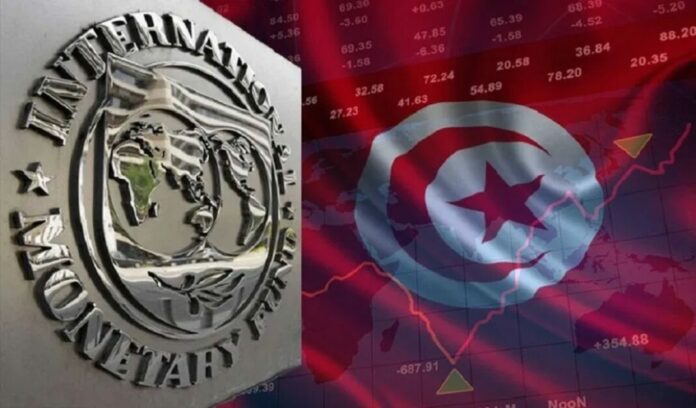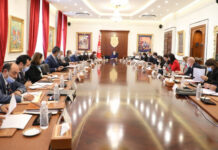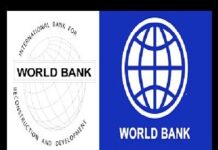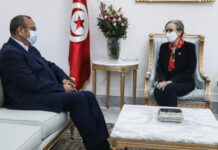Fitch Ratings’ downgrade of Tunisia’s B-to-B rating with negative expectations reflects many risks in terms of liquidity availability, particularly as negotiations with Tunisia’s international financial institutions such as the International Monetary Fund (IMF) and the World Bank falter.
This reduction is the ninth since 2011, which means that the governments that succeeded tunisia after the revolution did not understand the danger of not continuing to implement the necessary reforms as Tunisia is more threatened than ever to receive an invitation to join the Paris Club.
the Paris Club
Economist Ridha Chkoundli confirmed in a statement to JDD Tunisie on Monday (July 12th) that the Paris Club includes a group of countries that are requesting a rescheduling of their debts since they are unable to pay their debts.
He added that these countries are often at the bottom of the rankings of sovereign numbering institutions, noting that Fitch Ratings alerted Tunisia in its report to reach an agreement with the International Monetary Fund.
He pointed out that the agreement requires stability in the political scene and the opposition’s retreat from its intensity within parliament in addition to carrying out reforms of the core of public finances immediately as it threatens to go down to level C and thus automatically join the Paris Club.
External pressures
The absence of any resources for Tunisia from hard currency, considering the stagnation of tourism activity and the disruption of the production and export of phosphates, has led countries that support Tunisia in its democratic transition to continue to support it, as well as the failure to provide guarantees for Tunisia’s exit from the world markets for a slave loan and require an agreement with the International Monetary Fund (IMF), he said.
“International financial institutions are putting terrible joint pressure on Tunisia to reach an agreement with the IMF to implement reforms as the IMF wants,” he said.
Difficulty fulfilling commitments
The International Monetary Fund (IMF) is calling on the Tunisian government to implement reforms including reducing the wage bloc, lifting subsidies on basic materials and gasoline, and restructuring public institutions that burden public finances.
Before the end of August, Tunisia is required to extract two $1,000 million loans with a US guarantee, which will make the United States forced to pay instead of Tunisia in the form of its failure to save these debts, which sets a dangerous precedent.











